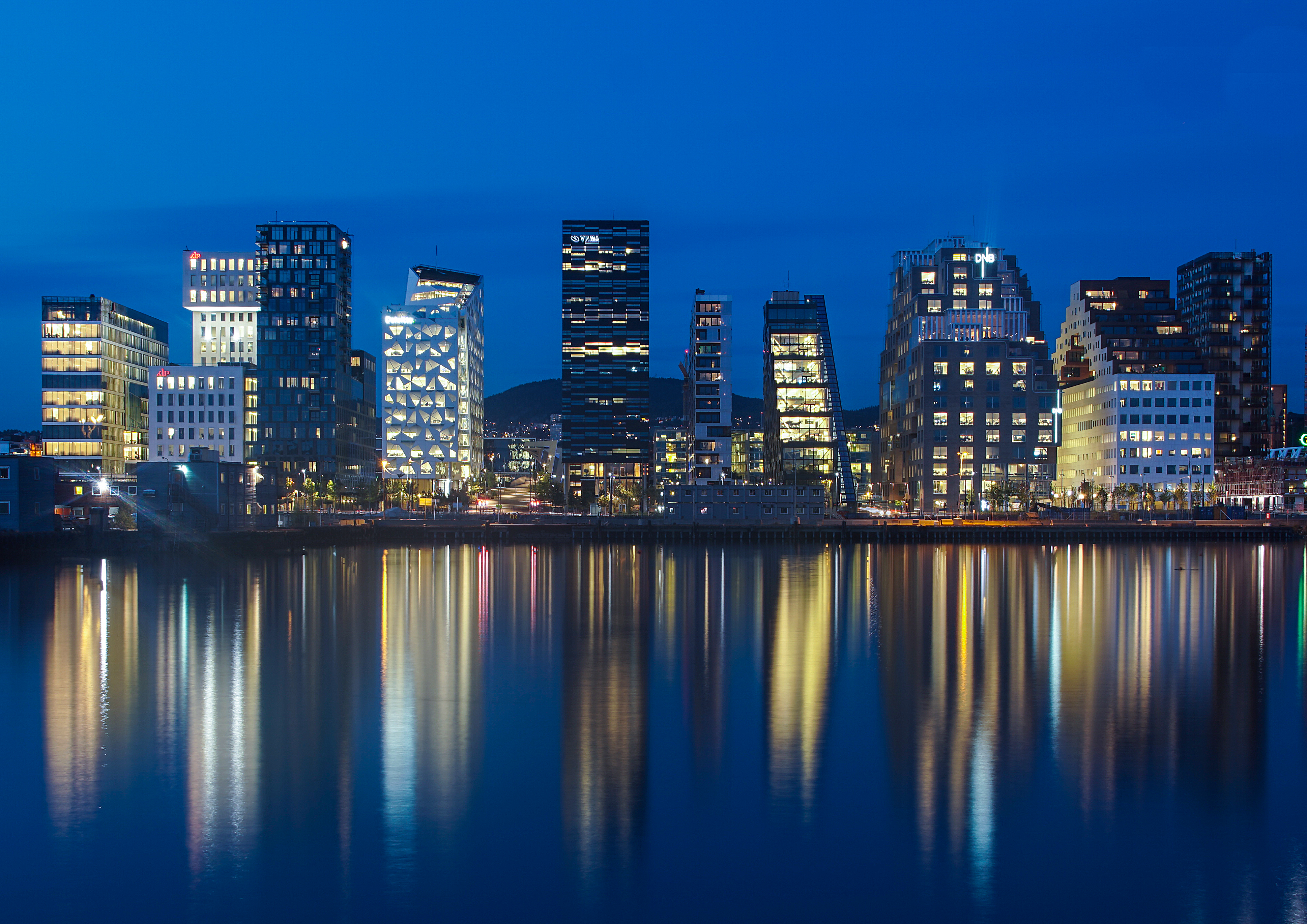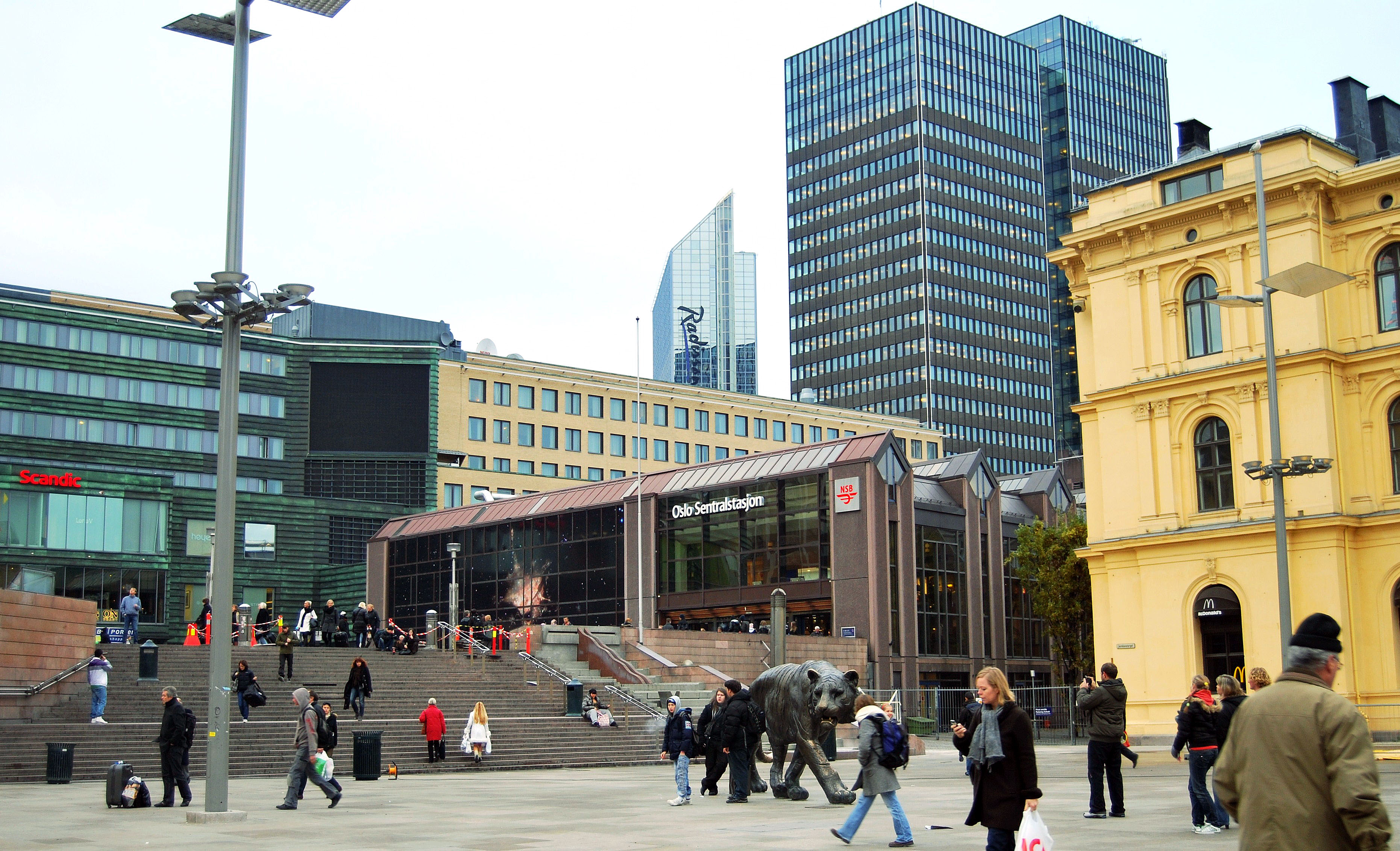Text: Žikica Milošević
The economy of the one of the two Nordic countries that isn’t a member of the European Union (the other being Iceland, of course) is based in equal measure on Lutheran spirit and Viking solidarity, fused under the weak Northern sun. Oh, it isn’t all that hard-as-hell! Norwegians, as opposed to other Scandinavians, have a lot of oil. However, unlike other countries that have plenty of “black gold”, Norwegians still stick to their aforementioned diligence and Protestant spirit. They have created a social welfare state and a society of peers. And, like every other clever country, they are currently coming up with ways of remaining a society of plenty even after oil reserves have been exhausted.

The Norwegian economy is basically based on robust growth, which has lasted since the beginning of the Industrial era. First there were lumberjacks, shipbuilding yards and fishermen – all of which are traditional natural resources – then, when the time came, Norwegians realised that the North Sea was filled (at the bottom, of course) with yet another natural resource: oil. And with the arrival of electricity came another idea for making money: since Norway is very hilly, as opposed to its other Scandinavian neighbours, it derived much of its electrical power from there. And, with every new source of potential income, Norway appeared as a good and high-quality player. The most recent instance of this was with the telecommunications industry, with its giant company called Telenor. Telenor did not only prove good in mobile networks and internet provision, but also in providing banking services integrated into the m-way of thinking – an increasingly popular payment and trade method that is currently largely replacing “traditional” e-trade and e-commerce, including e-payments, in some areas. Of course, if your land is so vast and your terrain so inaccessible, this is the right way to think.
And the Norwegians did not let their industrial revolution mar the Scandinavian idea of equality, as happened a few centuries ago in the UK and the U.S. Thus Norway is currently a role model for almost every country in Europe: those who cannot enter the EU always say “well, let us make a society and economy like Norway’s, with a welfare state, the rule of law and solidarity, and membership won’t be important”. The Scots, who are inclined towards independence, see Norway as their idol, noting that in ancient times Scotland was part of the Nordic world and is therefore more egalitarian than English society, while the abundance of petroleum is a common denominator, guaranteeing a bright independent future for the Scots. Others simply admire the Norwegian capacity to switch from an industrial to a post-industrial economy with typical Scandinavian ease.

It is still pretty much all about the State, and Norwegians don’t intend to abandon this concept. The State has large ownership positions in key industrial sectors, such as the strategic petroleum sector (Statoil), hydroelectric energy production (Statkraft), aluminium production (Norsk Hydro), and with the largest Norwegian bank (DNB) and telecommunications provider (Telenor). The government controls 31.6% of publicly listed companies. When non-listed companies are included, the state has an even higher share in ownership (mainly from direct oil license ownership). Norway decided to stay out of OPEC, maintaining its own energy prices in line with world markets, and spending the revenue – known as the “currency gift” – wisely.